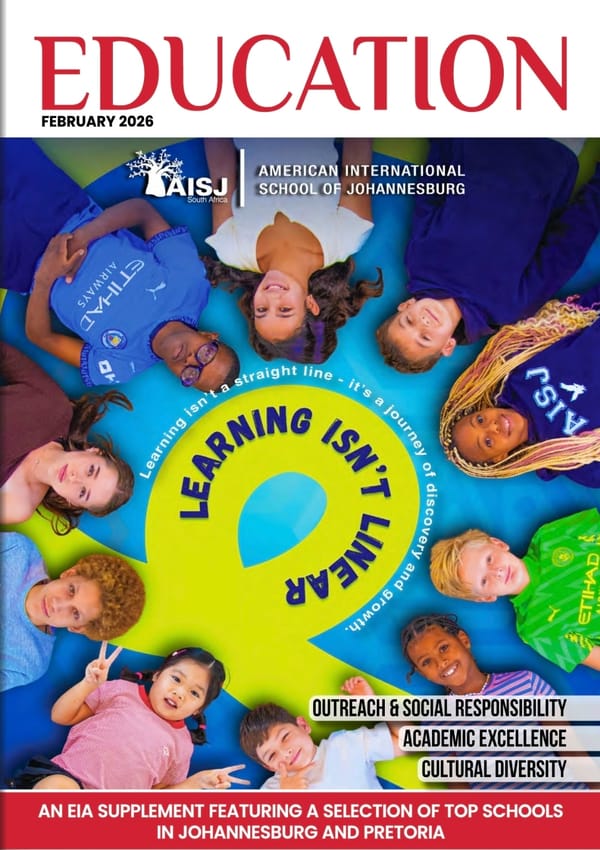Giftedness ≠ Overexcitability: Why That Distinction Might Just Save Your Sanity

Let’s talk about something that trips up even the most switched-on parents (and I say that with total empathy, because I’ve been there too). When we see our kids responding to the world with intense emotions, deep questions, and what feels like a turbo-charged imagination, it’s easy — and completely natural — to wonder: Is my child gifted?
Sometimes the answer is yes. Sometimes it’s more nuanced.
Because here’s the thing: intensity doesn’t always equal giftedness. And giftedness doesn’t always show up as intensity.
That’s where the concept of overexcitability comes in — and where the waters often get a bit muddy, especially in parenting communities that lean toward neurodivergence, advanced development, or what I call “just a lot-ness.”
What’s the difference?
Overexcitabilities (or OEs, if you want to sound like you’ve read the papers) describe consistent, heightened intensity in one or more areas: emotional, intellectual, sensory, imaginational, or psychomotor. In everyday terms, this means your child might feel things more deeply, ask more questions, move more, imagine more — or all of the above. It’s not a passing phase. It’s how they’re wired.
Giftedness, meanwhile, refers to cognitive complexity — a brain that learns unusually fast, makes connections others miss, and often operates on multiple levels at once. These children might understand abstract ideas far beyond their years, show advanced reasoning, or develop deep interests with laser focus. But they may or may not be intense.
Shortcut?
Giftedness = high complexity
Overexcitability = high intensity
The two often overlap, but they aren’t the same thing. And understanding the difference can make a huge difference in how we support our kids — and how we take care of ourselves in the process.
Why this matters for parents
Let’s say your child sobs when a cartoon puppy gets lost. Or melts down because their sock seam feels “wrong.” Or starts asking whether the moon ever gets lonely.
Those are real needs. That’s real experience. But it doesn’t automatically mean you’ve got a child with advanced intellectual capacity. You might be parenting a child with strong emotional and sensory OEs — and that in itself is a full-time job.
On the other hand, your child might not seem overly emotional or expressive — and yet quietly obsesses over metaphysics, blasts through the school curriculum, or crafts elaborate arguments about why brushing teeth is a construct. That’s giftedness showing up without intensity.
And then — of course — there are the kids who have both.
High complexity and high intensity.
A recipe for brilliance, burnout, and bedtime TED Talks.
The Pressure Cooker Zone
When complexity and intensity show up together, life gets… loud. These kids don’t just feel things — they analyse their feelings. They don’t just imagine — they turn imagination into full-scale alternate timelines. They want to discuss climate change and cry over a broken pencil and argue about the multiverse, all before 9am.
It’s beautiful. It’s exhausting. It’s often misunderstood.
(And no, you’re not overreacting. This really is harder.)
One more thing: what if it’s trauma?
Sometimes what we think is overexcitability — especially emotional or sensory — could also be a trauma response. A child who startles easily, avoids touch, or spirals into shutdown might not be overexcitable in the Dabrowskian sense. They might be protecting themselves.
And when trauma overlaps with OE or giftedness? Things get layered fast. I’ve found it helpful to remember something a psychologist once told me:
“Trauma needs healing.
Overexcitability needs channeling.
Giftedness needs expression.”
That distinction has helped me respond to my own child’s needs with more clarity — and less guilt. It reminds me that not every big emotion is a sign of giftedness, and not every shutdown is stubbornness. Sometimes it’s wiring. Sometimes it’s wounding. Sometimes it’s Wednesday.
So what do we do with all this?
- Zoom out before zooming in.
Notice the patterns. Is your child’s response a consistent trait across environments, or a reaction to a specific stressor? Has it always been there? - Resist rushing to label.
I know how tempting it is — especially when you’re sleep-deprived and trying to explain your child to a teacher or family member. But understanding what your child needs matters more than what we call it. - Follow the need, not the noise.
Are they overwhelmed? Curious? Avoidant? Deep in thought? Every behaviour is a clue. (Sometimes a riddle wrapped in a paradox, but still.) - Support yourself too.
You’re not imagining how hard this is. Parenting a child who feels or thinks at full volume is a full-body sport. And if your kid sits at the intersection of OE, giftedness, and trauma? You’re doing advanced-level parenting with no instruction manual and a constantly shifting finish line.
So yes. You’re tired. Of course you are.
But you’re also wise enough to be reading this, and that means something.
Final thought (before you go Googling Dabrowski at 2am)
You don’t have to figure it all out today.
You don’t have to get the label “right” before you’re allowed to help your child.
You just have to start listening — closely, gently, without panic.
Because when we understand the difference between giftedness and overexcitability, we don’t just become better advocates.
We become better interpreters.
We learn to hear what our child is really saying — whether it’s through tears, questions, spiral drawings, or robot voice monologues about Saturn. We learn to respond to who they are, not who we expected them to be. And maybe, in the process, we give ourselves permission to do the same.
New to this topic?
Start with Living with Intensity — or find a psychologist who truly understands giftedness and OE, not just achievement or behaviour.
And if you’re already deep in the trenches?
I see you. Truly. You are not alone in this.
Even if it feels like no one else is raising a child who cries over sad garden hoses and wants to build a time machine before breakfast.
Especially then.





